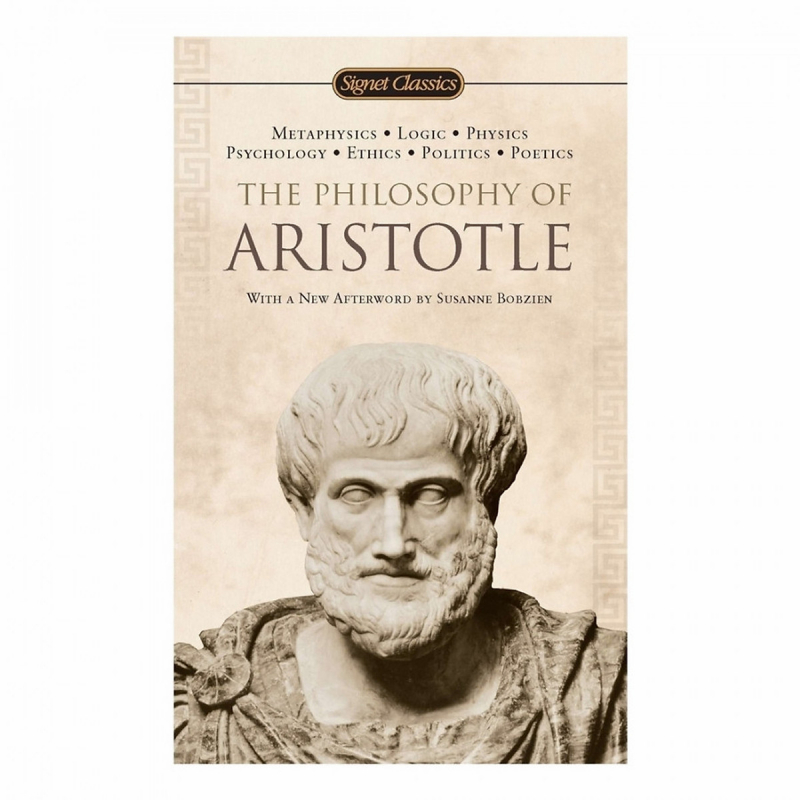Aristotle’s Logic
Even though logic is by far the most important branch of mathematics, it may not be the most well-known. The circuits, also known as arithmetical logical units, that make up computers and all other modern high-tech devices are built on mathematical logic. They perform practically all of their sophisticated functions using simple functions like "and" and "or," which is essentially what we do with logical arguments.
Aristotle was the first thinker to consciously or unconsciously introduce logic to mathematics. He established the reasoning principles that would shape Western mathematics and science for the following two centuries in his six-part treatise, The Organon. The main claim of the essay was that an argument may be classified as logical or illogical solely on the basis of its logical organization.
Syllogisms, which are particular logical arguments that draw a conclusion based on two presumptively true statements, were used by Aristotle to illustrate this. The Law of Non-Contradiction, which states that no proposition can be simultaneously true and incorrect, and other fundamental principles of logic were also articulated by him as basic rules for logical arguments, or axioms.










